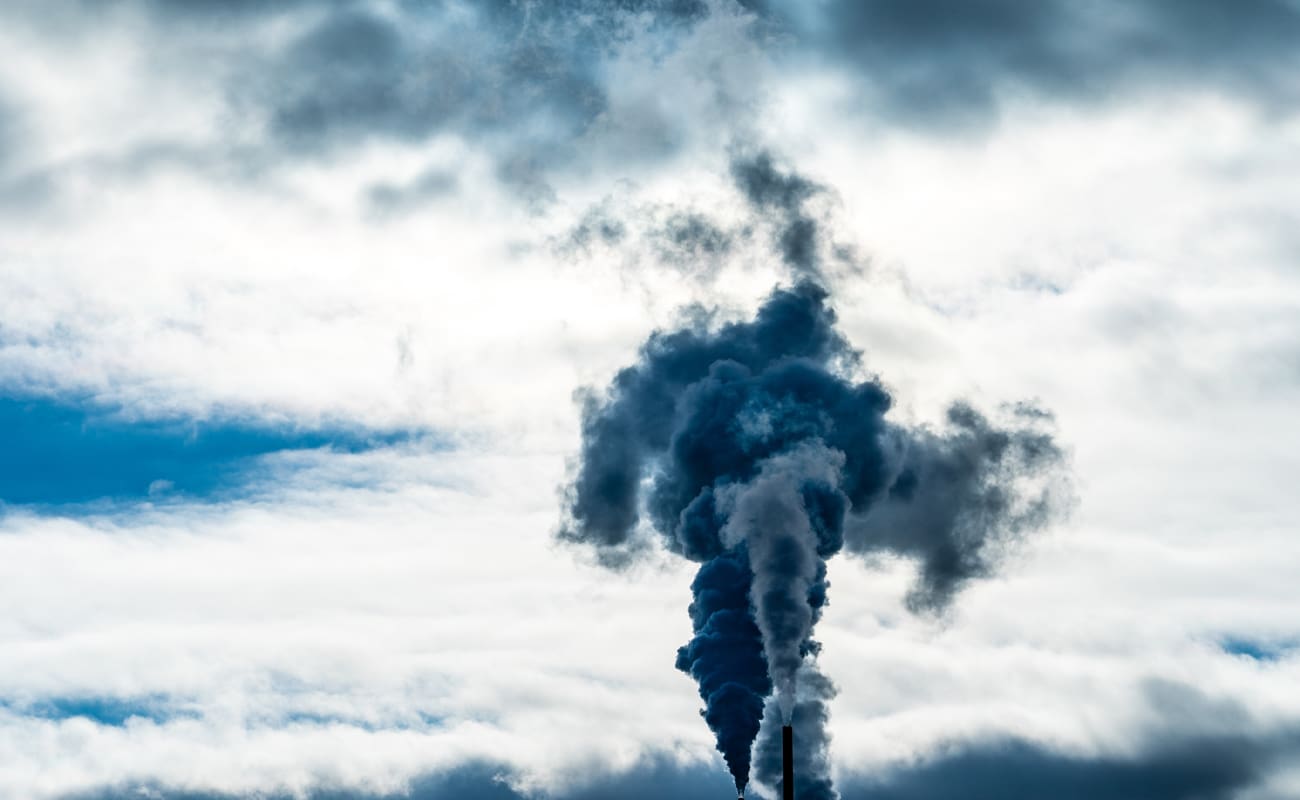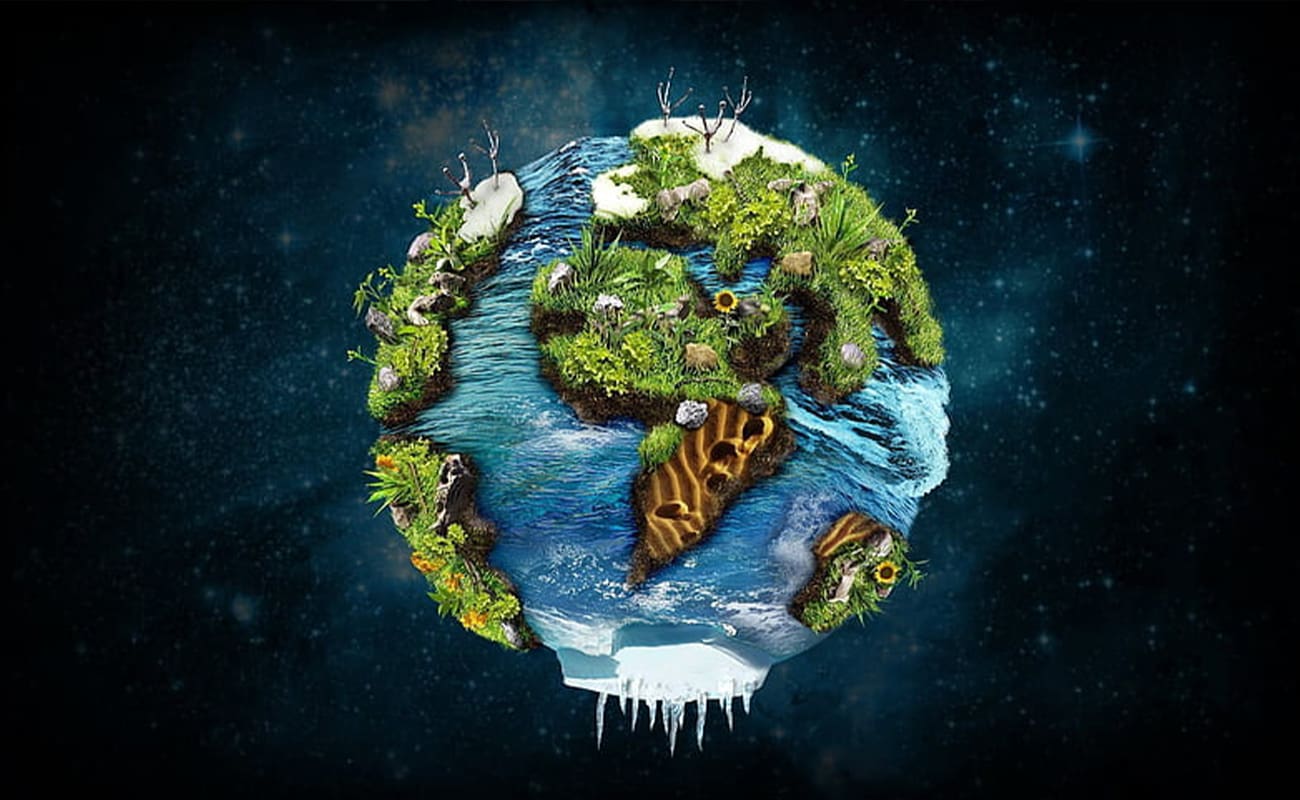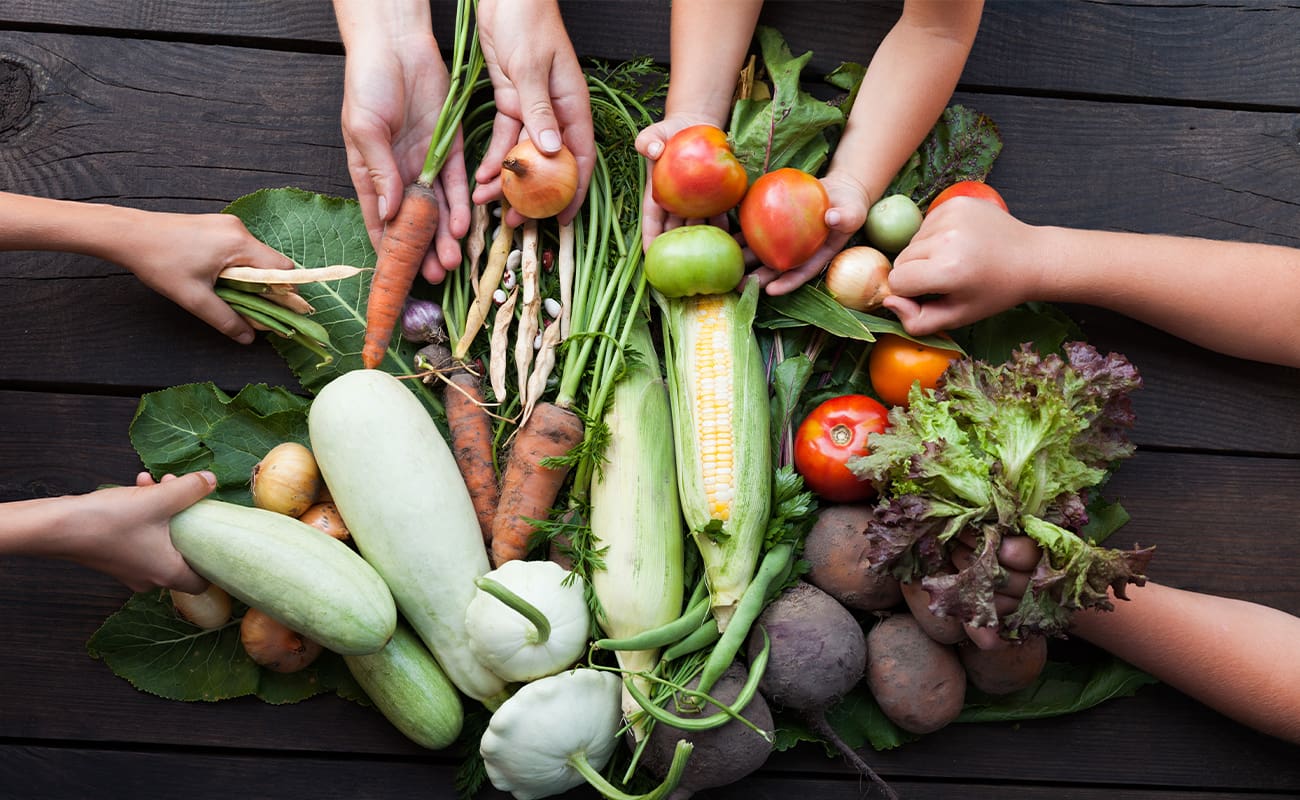Ukushintsha kwesimo sezulu kume njengenye yezingqinamba eziphuthumayo emhlabeni wonke, futhi ukulima kwezilwane ezimbonini kuyimbangela enkulu yokusheshisa kwakho. Ukulima kwasefekthri kunomthelela omkhulu ekukhiqizweni kwesisi esibamba ukushisa—ikakhulukazi i-methane evela ezinkomeni, i-nitrous oxide evela kumanyolo nomanyolo, kanye ne-carbon dioxide ekugawulweni kwamahlathi ukuze kutshalwe izitshalo zokudla. Lokhu kukhishwa kwegesi ngokuhlanganyela kuncintisana naleyo yawo wonke umkhakha wezokuthutha, kubeka ezolimo zezilwane enkabeni yesimo esiphuthumayo sezulu.
Ngalé kwegesi elikhiphayo eliqondile, isidingo sohlelo somhlaba, amanzi, namandla siqinisa ukucindezela kwesimo sezulu. Amahlathi amakhulu ayagawulwa ukuze kutshalwe isoya nommbila ukuze kudliwe imfuyo, kucekelwe phansi amasinki ekhabhoni emvelo futhi kukhiphe ikhabhoni egciniwe emkhathini. Njengoba amadlelo anda futhi nesimiso semvelo siphazamiseka, amandla omhlaba okumelana nokushintsha kwesimo sezulu kuba buthakathaka nakakhulu.
Lesi sigaba sigcizelela ukuthi ukukhetha kokudla kanye nezinhlelo zokukhiqiza ukudla kunomthelela onjani esimweni sezulu. Ukubhekana nendima yokulima efekthri akukhona nje ukunciphisa ukukhishwa kwegesi kuphela-kumayelana nokucabanga kabusha izinhlelo zokudla ezibeka phambili ukusimama, ukudla okusekelwe ezitshalweni, kanye nemikhuba yokuvuselela. Ngokubhekana nesimo sezulu sokulima kwezilwane, isintu sinethuba lokunqanda ukufudumala komhlaba, ukuvikela imvelo, nokuvikela ikusasa eliphilayo lezizukulwane ezizayo.
Njengoba ukukhathazeka ngokushintsha kwesimo sezulu nokucekelwa phansi kwemvelo kuqhubeka kwanda, kuya ngokuya kucaca ukuthi kudingeka senze izinguquko ezinkulu ekuphileni kwethu kwansuku zonke ukuze sivikele futhi silondoloze iplanethi yethu. Indawo eyodwa lapho singaba nomthelela omkhulu ekukhetheni kwethu ukudla. Ukulima kwezilwane kanye nokukhiqizwa kwemikhiqizo yezilwane kuye kwaphawulwa njengengxenye enkulu ekukhiqizweni kwesisi esibamba ukushisa, ukugawulwa kwamahlathi, ukushoda kwamanzi kanye nokulahleka kwezinhlobonhlobo zezinto eziphilayo. Kulokhu okuthunyelwe, sizohlola umthelela wemvelo wemikhiqizo yezilwane nokuthi kungani kubalulekile ukuvalelisa kule mikhiqizo ngenxa yeplanethi yethu. Ngokwamukela ezinye izindlela ezisimeme futhi sishintshele ekudleni okusekelwe ezitshalweni, singenza umthelela omuhle endaweni yethu futhi sakhe ikusasa elinempilo lethu nezizukulwane ezizayo. Umthelela Wemvelo Wemikhiqizo Yezilwane Ukulima kwezilwane kufaka isandla ekukhishweni kwesisi esibamba ukushisa, okuhlanganisa i-methane ne-carbon dioxide. Ukulima kwezilwane kudinga okukhulu…


























































